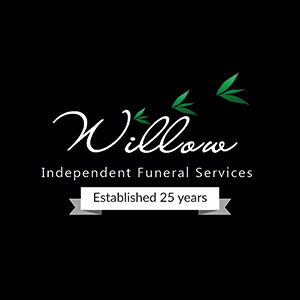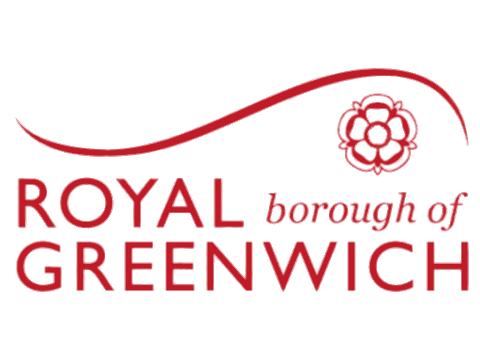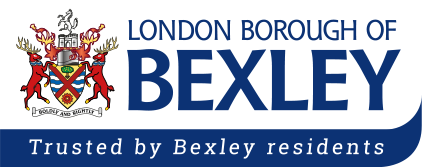FAQS WHAT CAN WE HELP YOU WITH?
Do I have to have a Minister?
No, You do not have to have a minister. A family member or friend can take the service. Some families find that this gives a warm and more familiar feel to the service and is more relaxed and appropriate for their loved one.
We would like a minister but are not religious. What can we do?
There are two different types of non-religious minister available. A Humanist Minister and a Life Celebrant. They will both build a service for you focusing on your loved one, their family and achievements. A Life Celebrant however will allow a prayer to be said or hymn to be sung if the family wish it. A Humanist will not
Can some of the family carry the coffin?
Yes, that won't be a problem at all and remember we will still be there to help you if you should need us.
We don't wish to view Mum but can she wear her own clothes?
Absolutely, just bring in everything you would like her to wear and we'll make sure she's wearing it for you. Do check with your arranger if you're having a cremation as certain materials cannot be cremated.
Can we help lower the coffin into the grave?
Unfortunately, No. Health and safety regulations prevent us from allowing this.
What do I need to do when somebody dies at home?
If the death is expected then you should contact the family GP who will then issue a certificate of death. Your chosen funeral director will then collect the deceased and take them to their premises where they will stay until arrangements are made and the funeral is carried out. If someone dies at home unexpectedly, the first thing you should do is call for an ambulance. Sometimes the coroner will decide that a post mortem is necessary at which point the deceased will be collected by the coroner's undertaker and taken to the local hospital. You can contact any funeral director of your choice from then on to make the funeral arrangements. If a post mortem is not deemed necessary then you will be advised to call a funeral director to facilitate removal.
What do I need to do when somebody dies in hospital?
The hospital doctor will issue a certificate of death provided a post mortem is not necessary. You will be asked to collect this certificate along with the deceased's belongings from patient affairs/services. If the coroner decides a post mortem is necessary the administration staff in patient affairs/services will support and guide you until such time as the certificate of death is issued. You can then contact your chosen funeral director to make arrangements as and when you're ready.
What should I do if a death occurs on the weekend or the middle of the night?
Willows funeral services and The Tender Touch is available to help you 24 hours a day 7 days a week, 365 days a year. Our kind and caring staff will gladly assist you when you need us, anytime day or night.
What should I do if someone dies away from home or abroad?
Don't worry, all good funeral directors will have experience of bringing loved ones home from some distance, even abroad. Please contact us and we will help you bring your loved one home.
I have never arranged a funeral before, what do I need to do?
Choose your funeral directors, it is always wise to phone a few directorships and ask for a cost of a basic funeral to compare prices (that vary greatly), you will also get a feel for the people working there to decide if they are right for your family and you're comfortable with them. You will need to register the death of your loved one. This should be done as soon as possible. You will need to book an appointment with the registry office to do this and should you not have their number please call us and we'll help you. Decide on whether the family wish to have the deceased buried or cremated and where you would like their final resting place to be. Everything else is incredibly personal and unique for each family but please contact us and we will gladly advise you.
What are disbursements?
Very simply, disbursements are all the funeral costs paid to any party other than the funeral director. Therefore the crematorium/cemetery fees, ministers fees, doctors fees (if a cremation) and any other third party costs such as organists, dove releases, flowers etc would be charged as a disbursement. A funeral director has no control over these costs.
We are having a cremation, what are the doctor's fees?
When a cremation takes place if a post mortem is not carried out to ascertain cause of death the last doctor to attend the deceased must complete a certificate stating that he/she is certain that the cause of death was natural and that no post mortem is necessary. A second doctor, independent of the first doctor and the deceased must then examine the deceased and agree that the first doctor's conclusions are correct. These certificates, known as the part 4 and 5 cremation papers are required by the medical referee at the crematorium before a cremation can go ahead. Each doctor will charge a fee for signing their paper and this is the doctor's fee.
We are using the DWP can you help us?
Yes, we can. We have all the relevant documents you will need at each branch and our arrangers are experienced in helping people requiring financial assistance from the social fund. Please contact us for advice and support.








